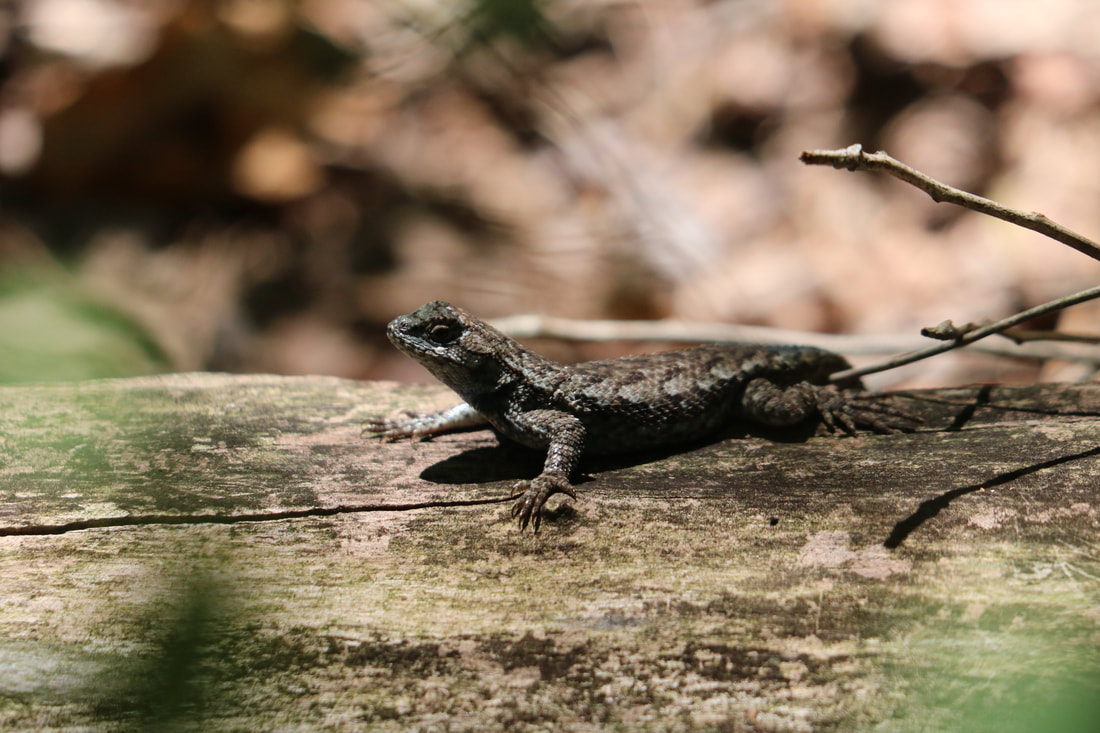Barry Lopez
Reviewed by Ray Zimmerman
Some of this was unnecessary. The strength of British naval exploration was its regimented discipline, exerted by officers who believed completely and indefatigably in what they were doing. Its failure was its ethnocentrism, its attitude of moral and technical superiority to the Eskimo, its perception of the land as deserted and unamenable. The few advances the British brought to arctic exploration in the 19th century – India-rubber ground cloths, folding canvas boats, portable, alcohol burning stoves – were all but inconsequential when compared with their failure to understand the advantages of fur clothing, snow houses, and fresh meat over naval uniforms, fabric tents, and tinned food. British ships, it is true, often carried more men than the lands they were exploring could supply with clothing and fresh meat; but, too, they thought in terms of unnecessarily large contingents of men instead of smaller groups better adapted to the land.
These words do not sum up, so much as provide a view into the narrative which is the National Book Award winning volume, Arctic Dreams. In rich, poetic language,
Barry Lopez reveals the intricacies of a landscape which many regard as no more than a frozen wasteland. He begins with “Arktos” a chapter which takes an initial look at the geography of this northern land, the sunlight concentrated in summer and largely absent in winter, the convergence of meridians, and the uniquely adapted creatures which live there.
From this starting point, Lopez devotes an entire chapter to each of three Arctic animals, the Muskox, the Polar Bear, and the Narwhal. He follows this with a chapter on migration, speaking of the vast living river of birds and also marine mammals which pass through the Bering Strait, that narrow channel which barely separates the Chukchi Peninsula of far eastern Siberia from the Seward Peninsula of far western Alaska. This chapter ends with a description of nomadic habits of indigenous arctic peoples and provides a pivot with which Lopez transitions his narrative to an examination of human activities in the arctic.
In the last portion of “Migration,” Lopez seeks out an understanding of the
Native Arctic residents and speaks a bit about how language determines perception, a theme he continues in the chapter “Ice and Light.” It seems that many native
Arctic and North American languages are rich in verbs, but have far fewer nouns than English. Glacier is not a thing, so much as a living force with movement and the ability to change lives. The same is true of rivers, oceans, and currents as well as plants and animals. He points out that many ethnographers state that the native words for these “things” are not translatable. He attributes this to the idea that, for these native people, they are not things at all.
Lopez makes much of this difference in perception as he moves into the final two chapters in which he describes Arctic exploration, beginning with Irish and Norse seafarers and moves on to detailed descriptions of British, French, Dutch, Norwegian, and American expeditions. He ends with a brief look at modern exploration for oil and mining interests, but continues his analysis by examining how these explorers perceive the land, and how different this view is from native perceptions.
Although Barry Lopez has written many books since Arctic Dreams, it remains one of his best. Like his earlier book, Of Wolves and Men, he spent years assisting scientific expeditions, speaking with native people, and reading the available literature in order to write this book. The end matter following the text includes notes, maps, an appendix of place names with Longitude and Latitude coordinates, an appendix of scientific names for plants and animals, a timeline of “Human Culture and Civilization,” an index, and an extensive bibliography of relevant scientific, historical and general publications.
In the edition which this reviewer read, most chapters are approximately 50 pages and the total length of the book is 464 pages. Arctic Dreams is certainly not light reading. It is an extensive and thorough investigation of the subject. One cannot regard the Arctic as mere frozen wasteland after reading this volume.

 RSS Feed
RSS Feed